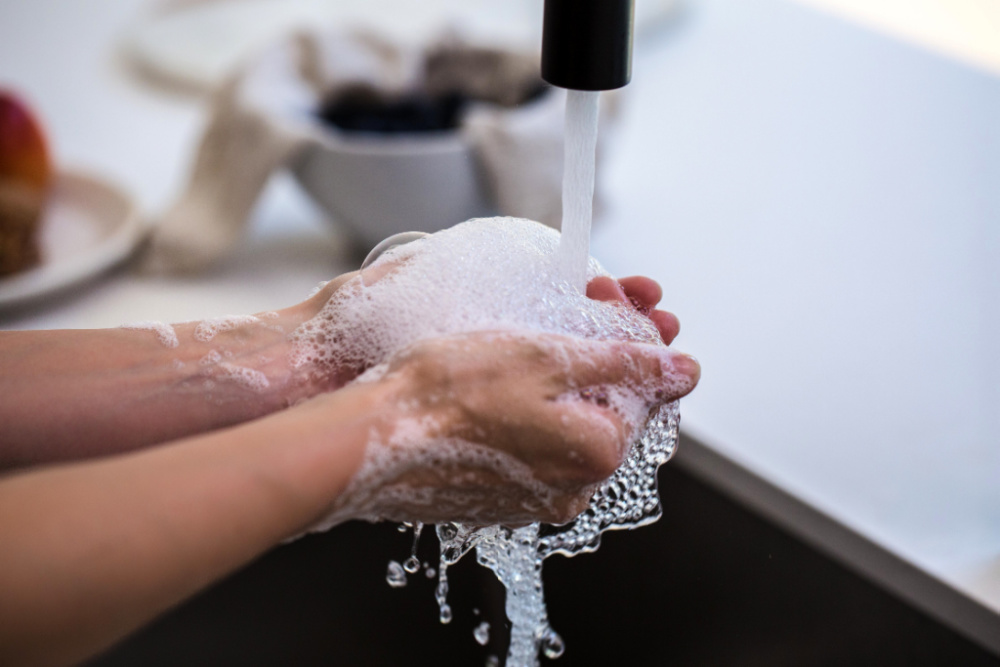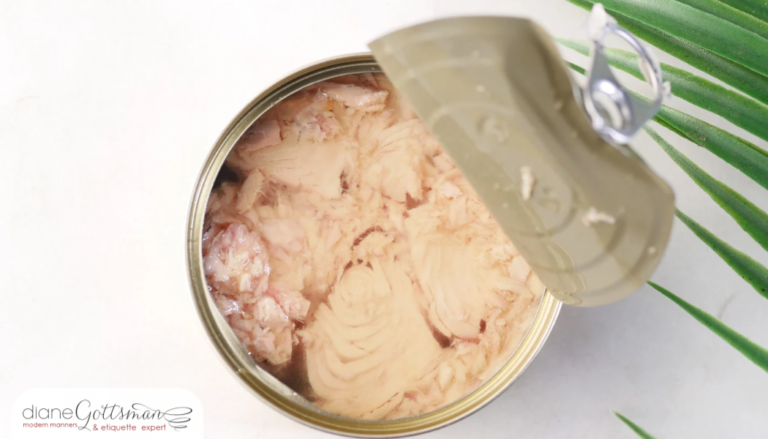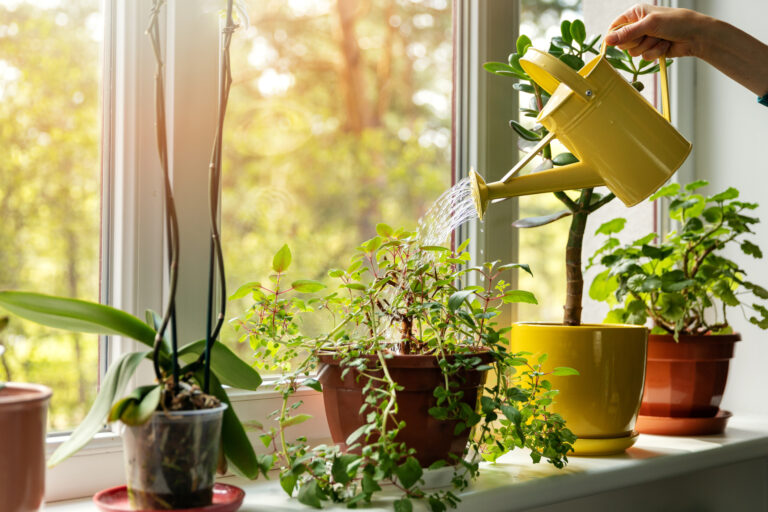Washing Your Hands is Always in Season

Fall is here, flu season is around the corner and we are still dealing with a pandemic. No surprise that another discussion on proper handwashing is in order to remind people of the importance of stopping the spread of germs and maintaining good hygiene. Among social distancing and making every effort to stay healthy, washing your hands is a task that should be top of everyone’s list. The CDC states that keeping hands clean is one of the most important steps we can take to avoid getting sick and spreading germs. Whether you are worried about contracting COVID-19, the flu or a common cold, keeping your hands clean and away from your face is of paramount importance. Here are a few common things we routinely touch which may expose you to germs.
Menus
If you walk up to a fast-food counter or go into a restaurant, you will find the menu has changed. Most often you can now scan a bar code to your phone and read the menu from there (your phone is another dirty object we will address later in the post). Readers Digest lists several offenders when seated at the table: sugar, ketchup and mustard. Pepper is the second-highest on the list and menus were the highest with 185,000 bacterial organisms. Ick.
Handles, Buttons and Door Knobs
When several people share the same space, touch the same objects, and sit on the same surfaces, your risk goes up. Handrails on escalators, door handles, elevator buttons and public transportation seating (including seat belts in rideshares) are all high-traffic areas. Also, keep in mind faucet handles and toilet flushers.
Cash
According to a recent survey, 60% of Americans plan to use touchless payments over cash. Using a debit or credit card ensures you are touching your own property. Use your own pen, or handle the public pen with a tissue and use hand sanitizer immediately after contact. Most pay stations are aware of the dilemma and have hand sanitizer readily available.
Technology
Your cell phone, iPad, and anything with a touch screen is a common offender. You hold your cell phone close to your face and mouth so anything you touch is easily transmitted into your mouth. A thorough swipe with an antiseptic phone wipe, including the charging socket, earpiece, screen and case (remove it before cleaning the phone) are all necessary to keep germs at bay. You can find detailed instructions on how to clean your smartphone or other technologies.
Doctors Office Clipboard
Can you guess what a recent study found when they looked at what item as the dirtiest in the doctor’s office? The clipboard pen! Over 46,000 times more germs than an average toilet seat, with almost 8 million colony-forming units per square inch. That information should be enough to encourage you to bring your own pen the next time you go in for a checkup. Next was the doctor’s keyboard and then the waiting room chair armrest. It’s not just the doctor’s office but anywhere you find these common objects. They all harbor more bacteria than a toilet seat.
In the Kitchen
Washing your hands not only helps to prevent the spread of germs but also cross-contamination. The CDC recommends washing during these key times:
- Before, during, and after preparing any food.
- After handling raw meat, poultry, seafood, and eggs.
- Before eating.
- After touching garbage.
- After wiping counters or cleaning other surfaces with chemicals.
- After touching pets, pet food, or pet treats.
- After coughing, sneezing, or blowing your nose.
If you think you are safe if you are wearing gloves, think again. Washing your hands before and after you take your gloves off will help to keep your hands free from contaminates.
Make sure to sing the Happy Birthday song, from beginning to end, twice. Wet, lather, scrub, rinse and dry. Such an easy routine to stay healthy and safe.
You may also like Dining Out During the Pandemic. For more of Diane’s etiquette tips read her posts on Inc., subscribe to her articles on The Huffington Post, “like” The Protocol School of Texas on Facebook, and follow her on Pinterest, Instagram and Twitter.






